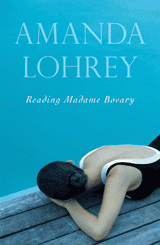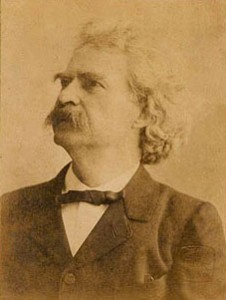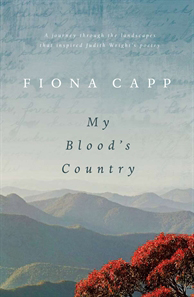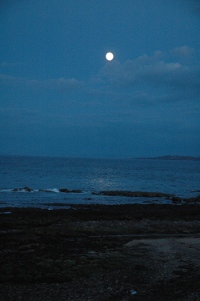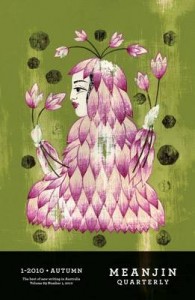Since the digital/ebook revolution (you know the one that took Australian publishers two years to catch up with) I’ve thought about ways this could be made to work for we struggling writers. Also, being a long-distance commuter, I saw how much reading people did on the train. I’ve also been very frustrated at the few outlets for writers and their short fiction in Australia. Tens of thousands of students stream out of creative writing courses every year all competing to get their stories into the, maybe, ten literary journals that take two or three stories each.

With digital publishing it’s cheaper and easier to publish works plus the constraints of the ludicrously small word count for short fiction (usually 2,000 to 3,000 words) don’t apply – there longer possible word count means there is space for meatier, more complex stories. The problem of course is how to get these stories out to a readership, and how to get the readership to pay.
Shortfire Press did it one way in the UK (the press is run by an ex-mainstream publisher so she had contacts which is a big start). They set up a website and sold stories off the site in various e-publishing formats for 99p a pop. They got quite good media coverage of their venture plus some fairly well-known contributors, although they do take unsolicited submissions as well. They have been going for over a year and I would have expected them to have hundreds of stories to choose from on their site by now but if you have a look you’ll find they have thirty or forty, not a critical mass. Lately they have also sold some of their stories through Amazon for Kindle. But somehow to get the model to work you have to have readers subscribe to stories on a regular basis like they might subscribe to a newspaper.
This brings me to the new venture called Review of Australian Fiction. This is a digital-only publication that delivers two pieces of short fiction per issue for $2.99. The idea is to have one established writer (so far Christos Tsiolkas and Georgia Blain) and for these writes to nominate one emerging writer (Kalinda Ashton and P M Newton) for the second story. If you subscribe you will get two stories every two weeks. AFR has used the Booki.sh format so you don’t download the stuff to your device but have to log on to the web every time you want to read your purchase.
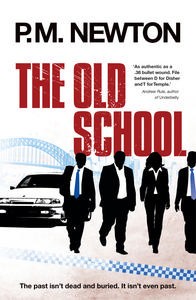
This is a good option for those with tablets or who are prepared to read fiction on their smart phones, or anyone who reads stories on their laptops (does anyone?). It will be interesting to see what the take up is for this, and while I commend the emerging writer thing and think it’s good to use established writers as the bait (OK, the cherry), it is a blow for other writers that inclusion is by invitation only. If you subscribe you will automatically get new stories every two weeks.
If the subscription model works, then I think that is the way to go but, personally, I don’t like the Booki.sh route. I have bought a couple of things through Booki.sh to read on my iPad but I’m always forgetting the log on when I’d think of reading something while I’m out. I’d much rather get the stories on my Kindle all in one place with my other reading matter.


